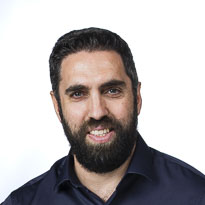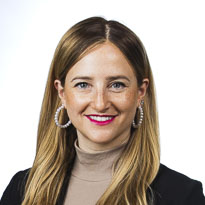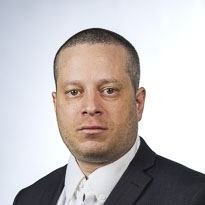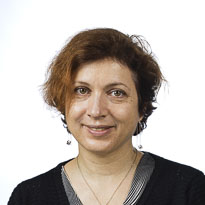The Institute for Strategy and Haredi Policy – Creating Research-Based Policy
The Institute for Strategy and Haredi Policy specializes in strategic planning, development, implementation and promotion of data-based policies and research in everything related to Haredi society in Israel.
The Institute’s unique methodology combines data analysis, quantitative research and qualitative research, with an in-depth understanding of the Haredi world.
The Institute’s staff consists of researchers and academics from a wide range of fields, strategy and public policy experts, and Haredi research fellows with extensive professional backgrounds and rich experience in managing public systems in both the Haredi community and municipal authorities and government ministries.
In recent years, the institute has been a key partner in setting policy and planning projects for many government bodies, including: the Ministry of Education, the Ministry of Construction and Housing, the Ministry of Jerusalem and Heritage, the Bnei Brak Municipality, Beit Shemesh Municipality, the Haredi Local Authorities Forum and more.
Our Vision
The expected increase in Haredi society and its share in general society will constitute a strategic change with significant implications for many areas in the State of Israel.
The overarching goal of the institute is to find a successful, dignified and realistic solution to the challenges that the new reality poses for both the Haredi society and the state.
The way to such a solution is to build a multi-year strategic plan for the promotion and development of the Haredi sector in the fields of employment, health, education, housing and the municipal sector, in addition to broad issues such as digitization and human capital.
This vision led the Institute to develop a unique work model for policy formulation and advancement. The model, which combines academic researchers, data analysis experts and Haredi colleagues who know the complexity of the field, successfully produces strategic programs with high applicability, carried out in constant dialogue with the rabbinical and public leadership of Haredi society.
The institute is also very experienced in creating collaborations with philanthropic organizations and bodies that specialize in socio-economic projects in Haredi society.
Our Advantage
The strategic consulting and policy planning processes conducted at the Haredi Institute rely on in-depth data-based research and a deep familiarity with the unique characteristics of the Haredi population.
The Institute’s researchers have exclusive access to a database and unique knowledge generated at the Institute with the help of dedicated field surveys and many other sources.
In parallel with the research work, the institute’s staff regularly conducts public participation processes through interviews, focus groups and round tables, in order to involve all relevant parties in the government and Haredi systems, in order to refine and adjust the programs. After approval of the plans, the Institute accompanies their implementation with the recruitment and participation of opinion leaders, Haredi organizations and relevant field personnel.
The Wohl Data Centre

In the work processes carried out in recent years, the staff of the Haredi Institute identified the acute need of government systems for uniform and comprehensive data on Haredi society. Accordingly, an innovative and groundbreaking data and knowledge centre has been developed at the institute in the past year, optimally making a large and well-established data set about Haredi society accessible. The data centre was built in collaboration with Wohl Legacy.
An accessible and interactive interface will allow anyone interested to access the data centre, analyze extensive information on populations in Israel and examine socio-economic trends over time. The interface now provides data to the CBS, in the areas of employment, higher education, demography, the distribution of Haredi in localities and in the municipal field.
The data and knowledge centre is updated regularly and will open up more and more options for professional examination of issues related to gaps between populations and the creation of relevant comparative indices.







